Tag: real estate

Green-tech push for Can Gio
Vietnam has the capacity, ambition and technological foundation to join the group of leading sustainable coastal urban nations in the coming decade, experts said at a dialogue on "advancing to the sea with ESG++ megacities: breakthroughs through green technology", held in Hanoi on December 9.
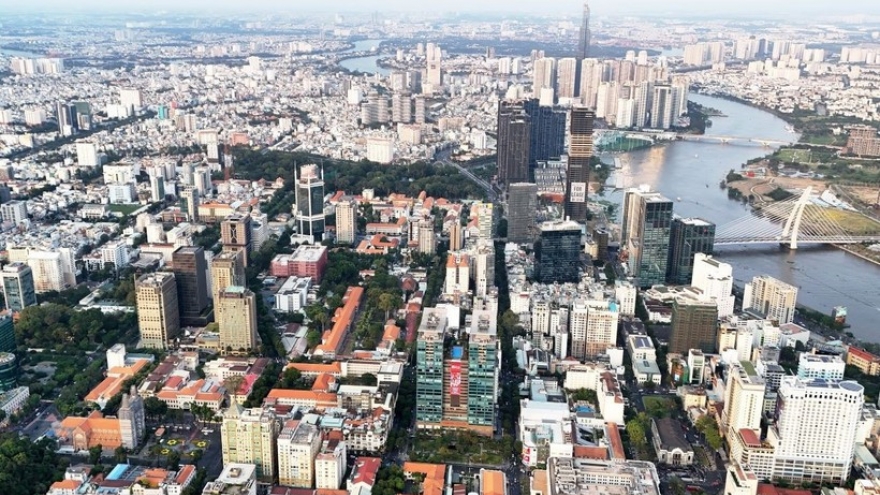
Real estate M&A market gathers pace
Vietnam’s real estate M&A market is bouncing back strongly this year after a long, quiet spell. With legal hurdles cleared, global capital flowing in, and major corporate shake-ups happening, the stage is set for a surge of big deals.

Vietnam’s real estate attracts new generation FDI
Vietnam’s real estate sector continues to consolidate its position as a major magnet for foreign investors, ranking second only after processing and manufacturing in newly registered foreign direct investment (FDI).

High-tech manufacturing boom fuels demand for green IPs in Vietnam
A surge of investment in high-tech projects and R&D centres is driving demand for industrial infrastructure, underpinning growth in Vietnam’s industrial real estate market.

PM demands tighter rules for social housing push
Prime Minister Pham Minh Chính, who is also head of the Central Steering Committee on Housing Policy and Real Estate Market, has demanded stricter oversight and transparency in the approval, sale, rental, and rent-to-own processes of social housing units.
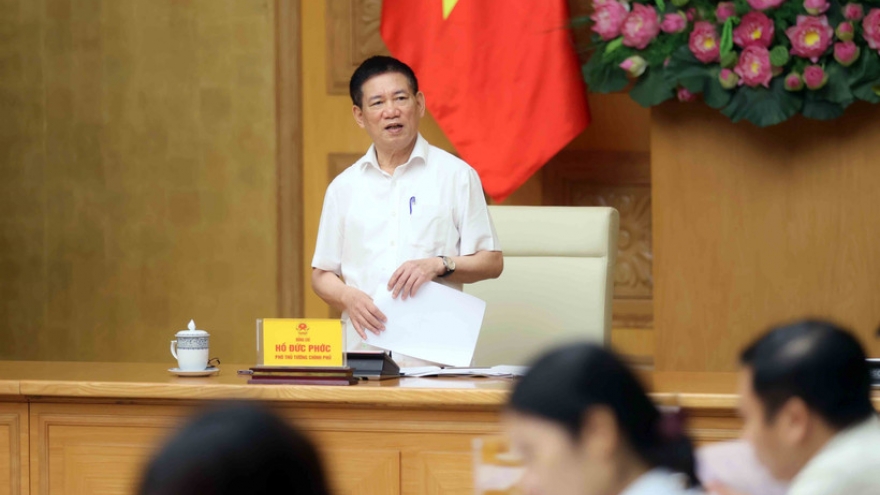
Deputy PM urges stronger measures to prevent money laundering on real estate
Deputy Prime Minister Ho Duc Phoc highlighted the importance of implementing anti-money laundering measures in transactions on real estate and virtual currency trading platforms while chairing a meeting of the National Anti-Money Laundering Steering Committee on October 15.
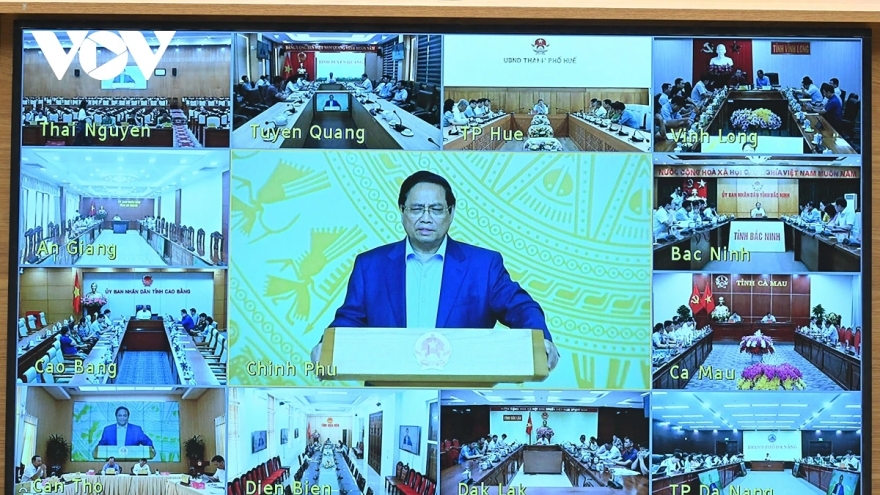
Social housing development must accelerate to meet public demand
VOV.VN - Promoting social housing development is an urgent task to meet the significant needs of the people while ensuring a stable, transparent, and healthy real estate market, said Prime Minister Pham Minh Chinh.
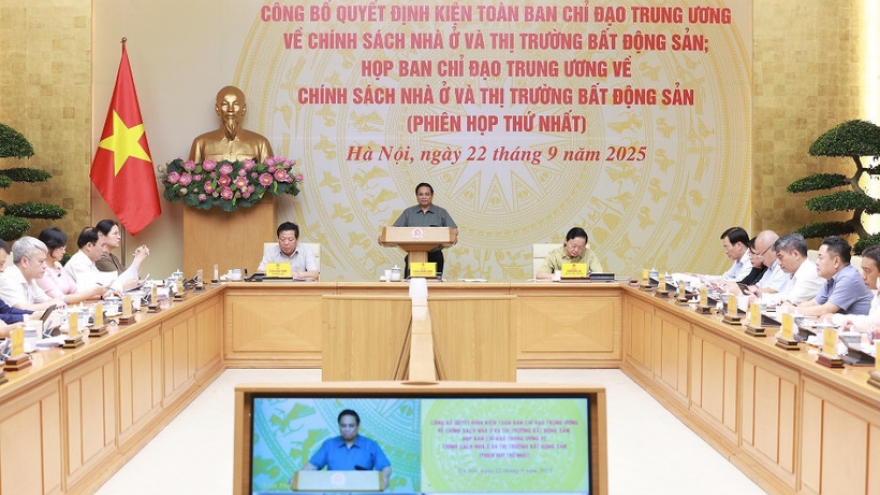
PM demands probe into sky-high apartment prices
Prime Minister Pham Minh Chinh has pressed for answers on why apartment prices remain persistently high and ordered clarification on whether real estate market manipulation, including hoarding, price rigging, and speculative practices, has occurred.

Deputy PM urges tighter monetary–fiscal coordination to secure sustainable growth
Deputy Prime Minister Ho Duc Phoc called for effective coordination between monetary and fiscal measures to ensure macro-economic stability for sustainable development while chairing a meeting on September 16 with the State Bank of Vietnam (SBV) to review monetary policy and gold market management.
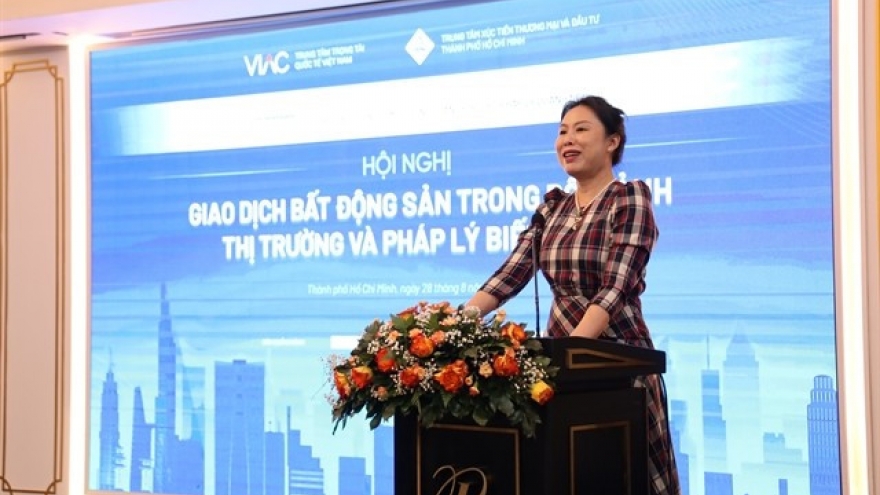
Recent legal reforms to make real estate market transparent: conference
The Ho Chi Minh City Investment and Trade Promotion Centre (ITPC) and Vietnam International Arbitration Centre organised a conference on “Real Estate Transactions in a Volatile Market and Legal Context” as part of the 2025 HCM City Legal Management Series on August 28.
